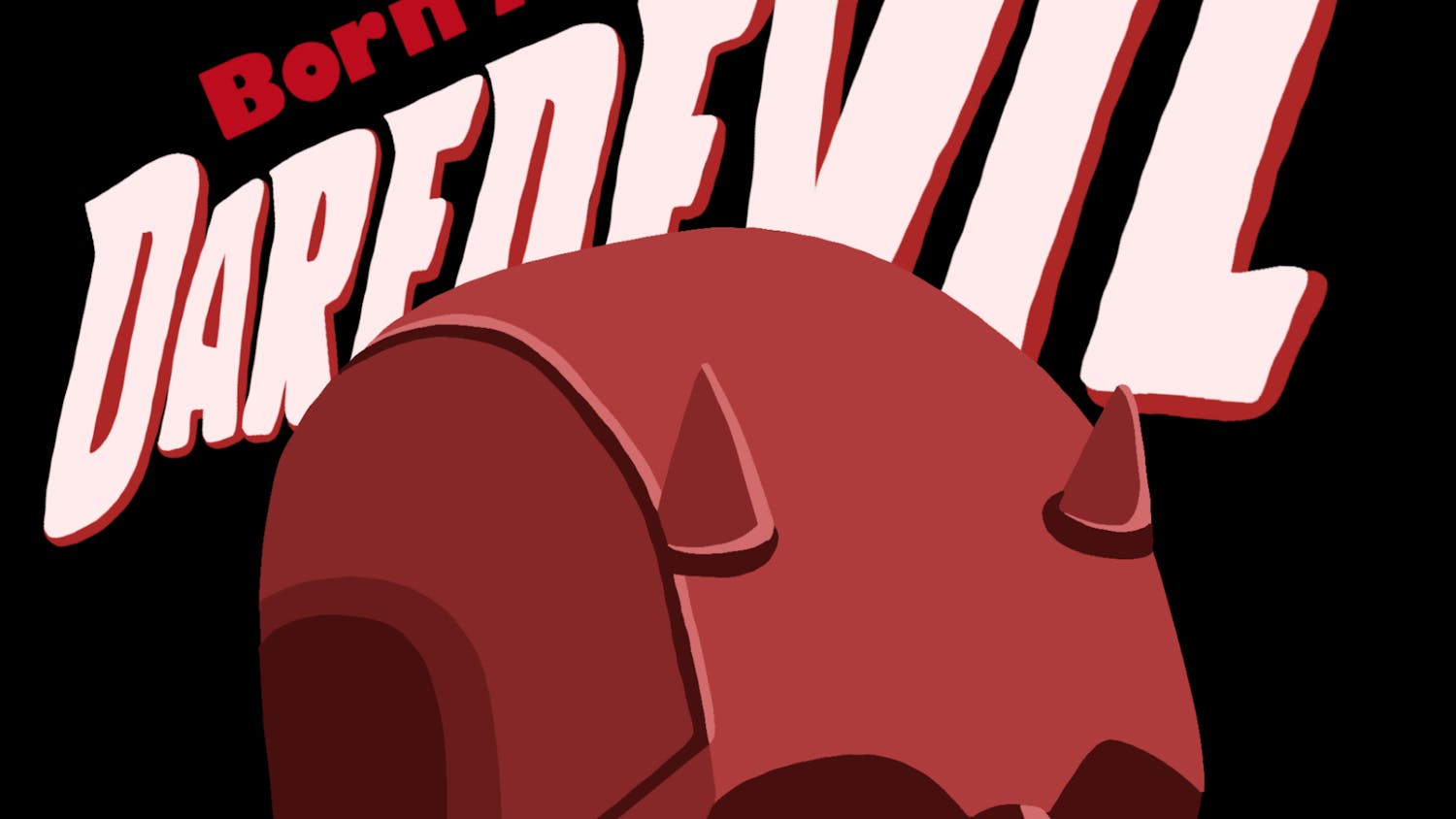The music of artist Sophia James is hard to describe. Is it lo-fi, blues, indie or something else? How about all of the above?
Sophia James, born Sophia Wackerman, grew up in a family of musicians in Long Beach, California. She appeared as a contestant on Season 18 of "American Idol," where she changed her stage name to honor her disabled brother and finished in 11th place.
She later contributed music and appeared in the chorus of "Ratatouille: The Musical,“ the crowdsourced virtual musical that originated from a TikTok meme. James has also written for the Disney cartoon "Hamster & Gretel,“ and is contributing to the music of the soon-to-be-released new episodes of "Phineas and Ferb,“ according to show creator Dan Povenmire.
But the 24-year-old truly shines in her solo music, releasing two EPs since 2021 and reportedly another on the way. Her first EP, "Stand Beneath the Sky," includes the viral track "Somebody New," a bluesy song with jazz and lo-fi influences. James' voice is soulful and ridiculously strong, evoking intense emotion in her vocals alone. The only mainstream pop star that her vocals can compare to is arguably Adele, but James' voice is still so unique that it feels like a stretch.
"Stand Beneath the Sky" is five tracks of gorgeous music you can't get anywhere else. The opener, "For Once I Can Say," is a celebratory love song with similar musical inspirations to "Somebody New," but the happiness it evokes almost gives it a laid-back musical theater quality. It's certainly a highlight of the EP. "Sixty Years" is an incredibly powerful ballad that grapples with the uncertain nature of the future. Once again, James' vocals carry this track to new heights. Listening to this with the volume up in the car emits an otherworldly feeling you don't typically get from simple piano ballads.
The closer of "Stand Beneath the Sky," "The Rain," is a slightly more alternative ballad compared to the jazzier and more traditional tracks on the EP. This song's ethereal feeling comes more from the instrumentals and harmonies than James' vocals. The song gives a hopeful but ambiguous ending to an otherwise straightforward EP, and the lyrics lend themselves to the EP's title; "I love the rain / And if I stand beneath the sky, I'll be okay."
James' second EP, "Lines on the Freeway," is a slightly more elevated and alternative approach to her musicianship, adding more complicated emotions to how she felt on her first EP. The opener, "Still…" is another emotional ballad, evoking the uncomfortable feeling that comes with a breakup. The lyrics are incredibly captivating on their own, setting the scene right off the bat with "I guess I'll get going / I'm parked kinda far / Do you think you could walk with me back to my car? / I just have to tell you before we depart / that I'm still gonna want you." Add the sweeping instrumentals in the chorus, and you have a song that's built to attract attention.
"Floodgates" is another highlight on the EP, striking a nerve with those who have experienced loss or trauma and are struggling to open up about it. "Floodgates" begins with understated bass and quiet alto-range vocals from James but slowly escalates to driving piano in the chorus as James describes her dilemma of attempting to deal with her past healthily.
"Let Me Go" and "I Wasn't Made to Be In Love," the last two tracks of "Lines on the Freeway," both have the same central idea but express it in virtually opposite ways. Both songs are about feeling like you're not cut out for a relationship (or any relationship), but "Let Me Go" is more upbeat and cheeky, whereas "I Wasn't Made to Be In Love" is a more apologetic and emotional piano ballad. Sonically and lyrically, the songs are wildly different, but they're strikingly similar when paired next to each other.
James' more recent singles (which are presumably for a new EP), "First Time Around" and "Clockwork,“ are more uplifting and freewheeling compared to the contents of "Lines on the Freeway." Both draw a little more inspiration from folk than her past work but expand on the feelings introduced in her second EP. "Clockwork" uses an irregular meter several times in the song, even though the song discusses the circular and repeated nature of life. "First Time Around" is a beautiful, grand exploration of those who don't give up easily, contrasting Thomas Edison and the Grand Canyon to James herself, who does, according to her, move on quickly.
If you're not familiar with James' work and looking for more alternative pop music with various bold influences, consider checking her out. If you have yet to hear her soulful sound, you're missing out.






